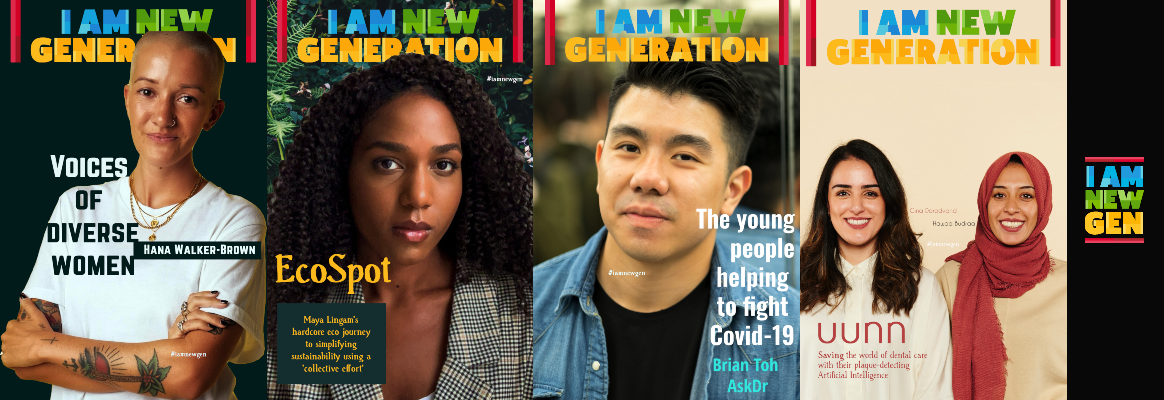Ever thought about your emotional intelligence? Well, how human you are is what you will always be remembered for and organisations look for this when searching for future leaders.
Emotionally intelligent employees have always been the difference for high performing organisations.
By placing emphasis on recruiting the values and behaviours expected over the technical qualifications that they have, organisations can build a successful culture worth talking about.
Looking enviously at the cultures created by the likes of Spotify, Netflix, Google and Atlassian – what is immediately apparent is the flexibility and dedication of their staff when it comes to getting work delivered.
Command and control structures are absent and in their place are highly motivated staffs who co-create psychologically safe environments where cognitive diversity flourishes and who push each other to deliver work in short bursts or sprints to incrementally improve their products.
They have a minimum amount of process, celebrate success and failure equally, make time for creativity, have a healthy debate and manage out people that contradict the values that they have agreed.
These highly motivated staffs also take the time to build an aspirational vision, set of values and an agreement of how they will remain the best most emotionally intelligent versions of themselves in order to get the job done well.
They don’t talk about being agile or try to copy someone else’s technical skills. They look outwardly at what works and never stop challenging their own modus operandi.

That’s not to say that technical skills aren’t important – they absolutely are.
I’ve read too many articles that make success all about emotional intelligence, but people still need to know how to do their job and take the time to develop their technology-based hard skills to the meet the challenges of today…not yesterday.
This will require people staying abreast of what is new in their world and relentlessly self-develop in order to maintain their current level of technical competence and stay relevant for the future of work.
People need to have the self-awareness to understand what they’re good at and what they’re not as well as the motivation and determination to change.
Only then will they be a willing contributor to cultural evolution and hold their fellow employees to account in displaying the behaviours expected of them.
Most people will have a preference of either technical or emotional skills and whilst the former is important, the latter will always make the difference.
The importance of emotional intelligence has been downplayed for far too long. Yet when you think of the people who have made a difference to your life, they will have done one or all of the following:
- Taken the time to get to know you and modified their style
- Set challenging but achievable goals
- Made decisions around priorities to remove roadblocks to progress
- Provided opportunities for development often outside current expertise
- Built a safe environment that you feel connected to
All of these things are part of a person’s emotional skillset. They are human factors that create emotional connection and lead to motivation, confidence and inspiration.
Your technical skills are important, but your success depends on your emotional skills. These can be developed too, providing you care enough to do it.
Post By: Colin D Ellis, culture change expert and author – Culture Fix: How to Create a Great Place to Work
Images Copyright – Unsplash.
More Stories
For Women By Women – 5 Leadership Tips For Breaking The Glass Ceiling
Cultivating A Healthy Co-Founder Relationship
Using My Tech Startup To Stand Up Against Gender, Racial And Disability Bias In The Workplace











